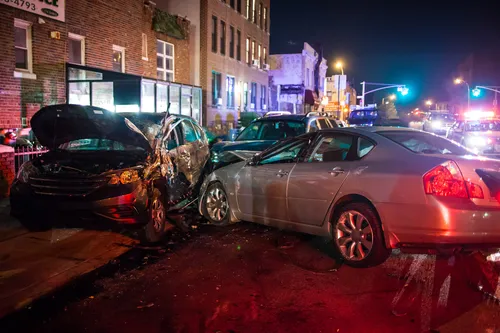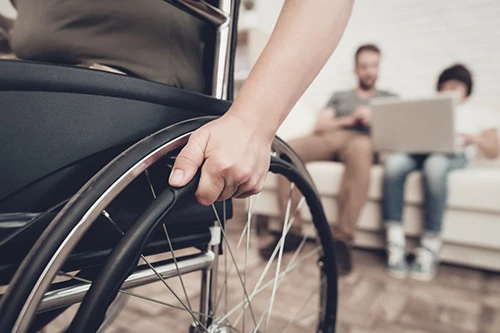Protests are commonplace in modern times. One such protest is the George Floyd protests that began in Minneapolis-Saint Paul metropolitan area on May 26, 2020, and then expanded nationwide. While protesting is largely peaceful, riots and looting may occur, leaving attendees at risk for severe injuries. Even if riots don’t happen, attendees may still be at risk for injuries caused by falls, trips, or structural damage.
So, who can be held liable in such cases? What can you do to keep safe during protests?
Potential types of protest injuries
Psychological injuries. Protests sometimes lead to violence, which can have some serious psychological repercussions such as post-traumatic stress disorder, which features symptoms of depression, rage, changing sleeping and eating habits, substantial grief, and frequent flashbacks.
Respiratory problems, increased heart rate, and raised blood pressure. Police may lob tear gas canisters at protestors, and those canisters emit aerosolized solids that not only irritate the eyes and leave behind skin blisters, but they also may cause respiratory issues, increased heart rate, high blood pressure, and blindness.
Chaotic stampeding. A crowd may become chaotic at one point, putting you at risk of being trampled on.
Traumatic brain injury and blunt force trauma to extremities. Another protester, police officer, or an uninvolved citizen may assault you, leaving you with potential brain damage and blunt force trauma.
Pedestrian accidents. If a road is not blocked (which is the responsibility of the protest organizer), you may be at risk of being hit by a car, a bicycle, or any other type of vehicle.
Causes of protest injuries
- Vehicle accidents
- Rubber bullets
- Falls
- Tear gas
- Police misconduct
- Negligence from the protest organizer, security, or police
Who can be held liable for your protest injuries?
Property owners. Premises liability occurs when a person becomes injured on a property owner’s area. As many protesters linger in the streets, some protesters conduct their business on private land like driveways or lawns. If a protester is injured on an owner’s private property, then the owner could be held liable for the protester’s injuries, but only if the protester is able to prove that the owner failed to protect people on their property (due to negligence). There are many hazards that can lead to injury, such as:
- Snowy and icy steps, sidewalks, or driveway
- Hazards caused by property code violations
- Destroyed parts of the property
- Lack of safety or hazard signs
Protest organizer(s) and other protesters. Protest organizers or other protesters may be held liable depending on the event that causes you injuries. Any of the following can lead to a potential personal injury case:
- Negligence of safety procedures (such as failure to hire security or to shut down the streets).
- Another protester assaults you.
- A vehicle hits you.
Police or other city officials. Police officers often appear at protests and sometimes assault protesters and perform acts of police misconduct. This may include teargassing protesters, shooting protesters with rubber bullets, and beatings. In that case, the officers, as well as the police department itself, may be held liable for injuries inflicted on you.
Staying safe during protests
The following tips will help you stay safe as you protest:
Stay calm. Panicking during protests can lead to chaos, which could also lead to trampling.
Maintain awareness of your surroundings. Keep an eye out for any chaos that may be brewing in the crowds and plan for a safe exit strategy should the protest become violent.
Bring lots of water. You should bring water not only so you can maintain hydration but to also cleanse yourself of any irritants that you may encounter. Be aware of dehydration symptoms such as: headaches, fatigue, dizziness, and lightheadedness.
In a pandemic, wear a mask. Additionally, maintain an appropriate distance from other people and reapply hand sanitizer often.
Wear loose, comfortable clothing that covers much of your skin. You’ll want to cover as much of your skin as possible in such a case that you’re exposed to chemicals or other irritants.
Use sunscreen. To protect yourself from the sun’s harsh rays, apply sunscreen every two hours and wear a hat or bandana.
Consider consulting a personal injury attorney if you’ve been injured in a protest
If you’ve been injured in a protest — whether by the city’s police, the environment surrounding the protest, or by other protesters — you may be eligible for monetary compensation if you’ve suffered losses in the form of medical bills, lost wages, pain and suffering, disability, or even wrongful death. In that case, you should consult a personal injury attorney, who will not only guide you through your case but also fight to ensure you get the compensation you deserve.



